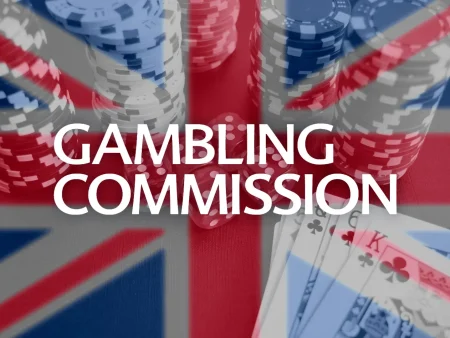A cyber-security specialist stole a few thousand dollars. The money was meant for his daughter. He described it as the lowest point in his life. He did it just to keep gambling.

Mr Sow, who only gave his surname, peeped to find out the password of his wife’s account under her name. He said that he stole the money to top up his betting account.
Since becoming addicted to illegal gambling sites in his teens, he lost over $500,000 on football matches. He ended up owing both legal and illegal moneylenders.
The father of three young children continued that he was betting every day – in the toilet, at work and on the bus or train.
Like Mr Sow, a National Council on Problem Gambling survey of more than 3,000 Singapore residents aged 18 and older found that more people have gambled on illegal online sites.
The percentage of those who said they have done so rose from 0.3 per cent in the 2020 survey to 1 per cent in the 2023 poll.
However, the rate of probable pathological and problem gambling stayed stable at around 1.1% in last year’s survey, released on November 28.
Pathological gambling indicates a more severe addiction than problem gambling.
At the age of 15, Mr Sow started betting on football matches. After two years, friends introduced him to illegal online gambling sites.
When he opened his first account with the illegal operators, he received $500 in free credit. He quickly became hooked to the thrill of winning and making a fast buck. He also placed bets on other sports like basketball and ice hockey, aside from football.
Mr Sow said of playing on credit that there is no need to pay upfront. You pay only when you lose. It’s convenient, and he could gamble 24/7. It was a no-brainer for him.


